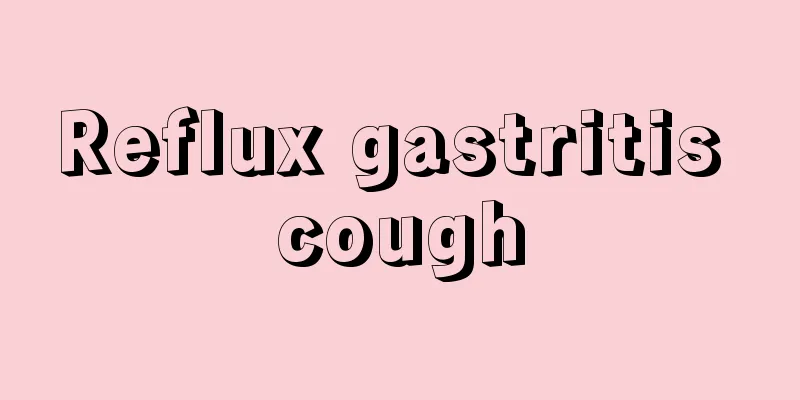Dietary taboos after breast cancer surgery

|
What are the dietary taboos after breast cancer surgery? Experts say that the patient's diet must rely on the various nutrients in the food. The main problem for cancer patients is nutritional disorders, and improving the patient's nutrition is the most important measure in anti-cancer treatment. Reasonable diet adjustment for cancer patients can improve the body's resistance and is very beneficial to the patient's treatment and recovery. The following dietary taboos should be noted after breast cancer surgery: (1) Providing easily digestible and absorbable protein foods, such as milk, eggs, fish, and soy products, can improve the body's ability to fight cancer. Among them, milk and eggs can improve protein disorders after radiotherapy. (2) Eat an appropriate amount of sugar to supplement calories. Patients who receive high-dose radiotherapy may have their sugar metabolism destroyed, glycogen levels drop sharply, lactic acid in the blood increases and cannot be used anymore; and insulin deficiency worsens. Therefore, supplementing with glucose is more effective. In addition, it is advisable to eat more sugar-rich foods such as honey, rice, noodles, potatoes, etc. to supplement calories. (3) Eat more foods that have anti-cancer effects, such as soft-shelled turtle, mushroom, black fungus, garlic, seaweed, mustard greens and royal jelly. (4) Vitamin A and C can prevent cell malignancy and spread and increase the stability of epithelial cells. Vitamin C can also prevent the general symptoms of radiation damage and increase the level of white blood cells; Vitamin E can promote cell division and delay cell aging; Vitamin B1 can promote the patient's appetite and alleviate the symptoms caused by radiotherapy. Therefore, you should eat more foods rich in the above vitamins, such as fresh vegetables, fruits, sesame oil, cereals, beans, and animal offal. (5) Patients undergoing radiotherapy and chemotherapy should generally eat cold foods and drinks; however, patients who feel cold should eat hot foods. (6) Diversify the diet, pay attention to color, aroma, taste and shape, and promote the patient's appetite; cook food by steaming, boiling and stewing, avoid eating foods that are difficult to digest, and refrain from drinking alcohol. (7) For patients who have difficulty chewing, swallowing, digesting and absorbing tumors or who are deficient in special nutrients after surgery, different diets and supplements of the missing nutrients can be given according to the situation. If necessary, a compound nutritional diet can be given to enhance the patient's resistance. Experts recommend eating the following dietary taboos after breast cancer surgery: 1. Breast cancer patients should eat foods that have the function of resolving phlegm, softening and dispersing nodules, such as kelp, seaweed, laver, oysters, asparagus, and fresh kiwi fruit. 2. After the operation, the diet can be adjusted to nourish qi and blood, regulate qi and disperse knots, consolidate the therapeutic effect and promote physical recovery, such as yam powder, glutinous rice, coix seed, spinach, loofah, kelp, loach, crucian carp, jujube, orange, hawthorn, etc. 3. During radiotherapy, it is advisable to eat sweet, cool and moisturizing foods, such as loquat, pear, banana, lotus root, carrot, jellyfish, etc. 4. During chemotherapy, gastrointestinal reactions and bone marrow suppression are likely to occur. You can eat foods that soothe the stomach, reduce reflux, replenish qi and nourish blood, such as fresh ginger juice, sugarcane juice, fresh fruit juice, tomatoes, japonica rice, white lentils, Ganoderma lucidum, black fungus, etc. 5. In the late stage of breast cancer, in addition to the above foods, you can also use nutritious foods such as crucian carp, silkworm pupae, and fresh vegetables and fresh fruits. 6. Breast cancer patients should reduce their fat intake appropriately, such as eating less fatty meat, cheese, cream, etc., and avoid spicy foods, such as chili, pepper, garlic, garlic shoots, scallions, onions, mustard, leeks, old pumpkin, strong wine and thick flavors, so as not to help fire and produce phlegm. |
<<: What are the dietary taboos for breast cancer
>>: Preoperative and postoperative care measures for breast cancer
Recommend
Is salt water foot bath effective?
The foot is also known as the second heart of the...
What are the early symptoms of bone cancer?
Among the many diseases in orthopedics, bone canc...
What's wrong with coughing to the point of retching
People will get sick for some reasons in their da...
How can a black arm become white
Nowadays, many people's faces are not very da...
How to find Taixi acupoint
There are many acupoints on the human body, and m...
Which method to choose to treat pituitary tumor to recover quickly
What method should be chosen to treat pituitary t...
Does clams cause internal heat?
Although clams have a very good conditioning effe...
What tea is best for sobering up?
When a person is drunk, the stimulating effect wi...
The dangers of homemade fruit wine
As people's living standards improve, some pe...
Is pancreatic cancer treatment expensive?
Pancreatic cancer is one of the most life-threate...
What foods can prevent liver cancer? Six dietary principles to prevent liver cancer
90% of fatty liver patients are overweight. Preve...
What kind of cancer is kidney cancer?
Kidney cancer generally refers to malignant tumor...
How does breast cancer metastasize
Breast cancer is increasingly threatening the hea...
How long can you live with mid-term laryngeal cancer
How long can you live with mid-stage laryngeal ca...
What kind of people cannot have cupping
Cupping is actually a treatment method that many ...









